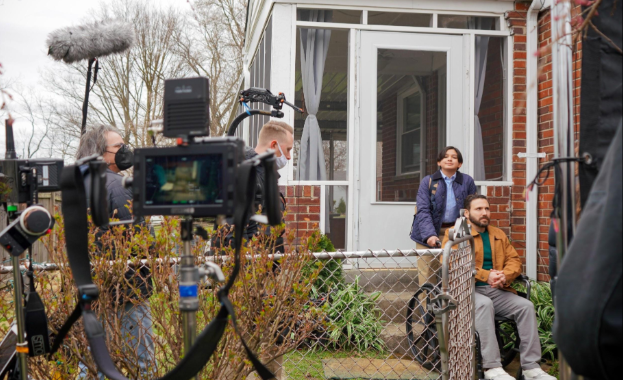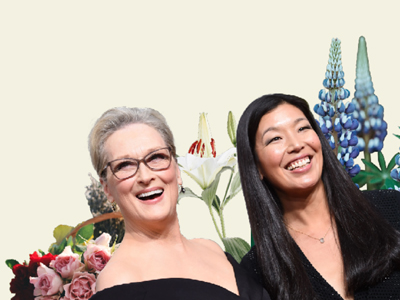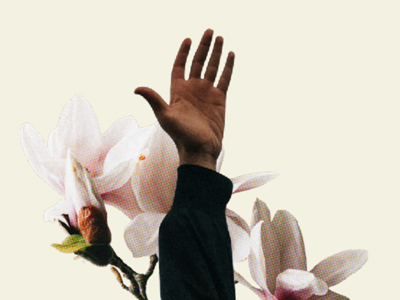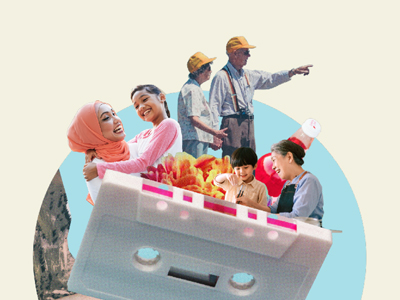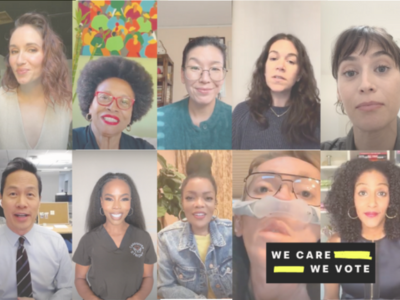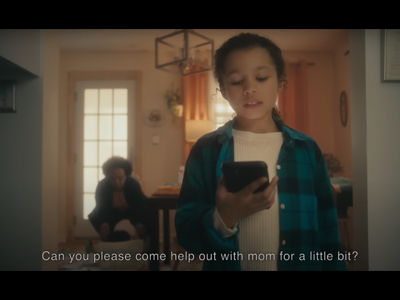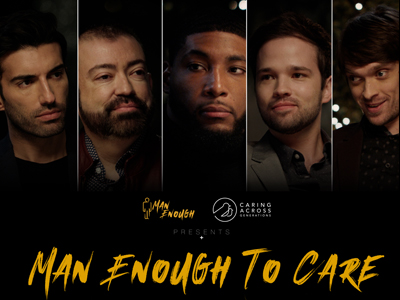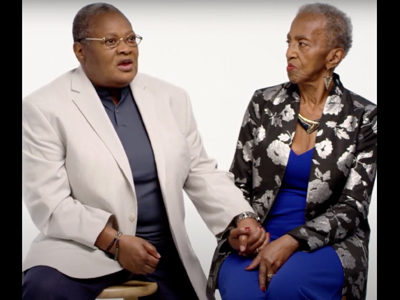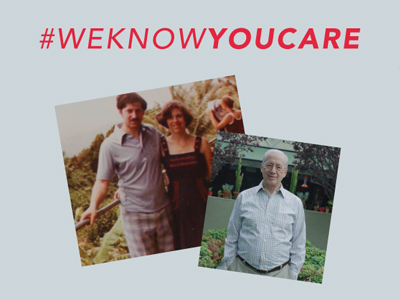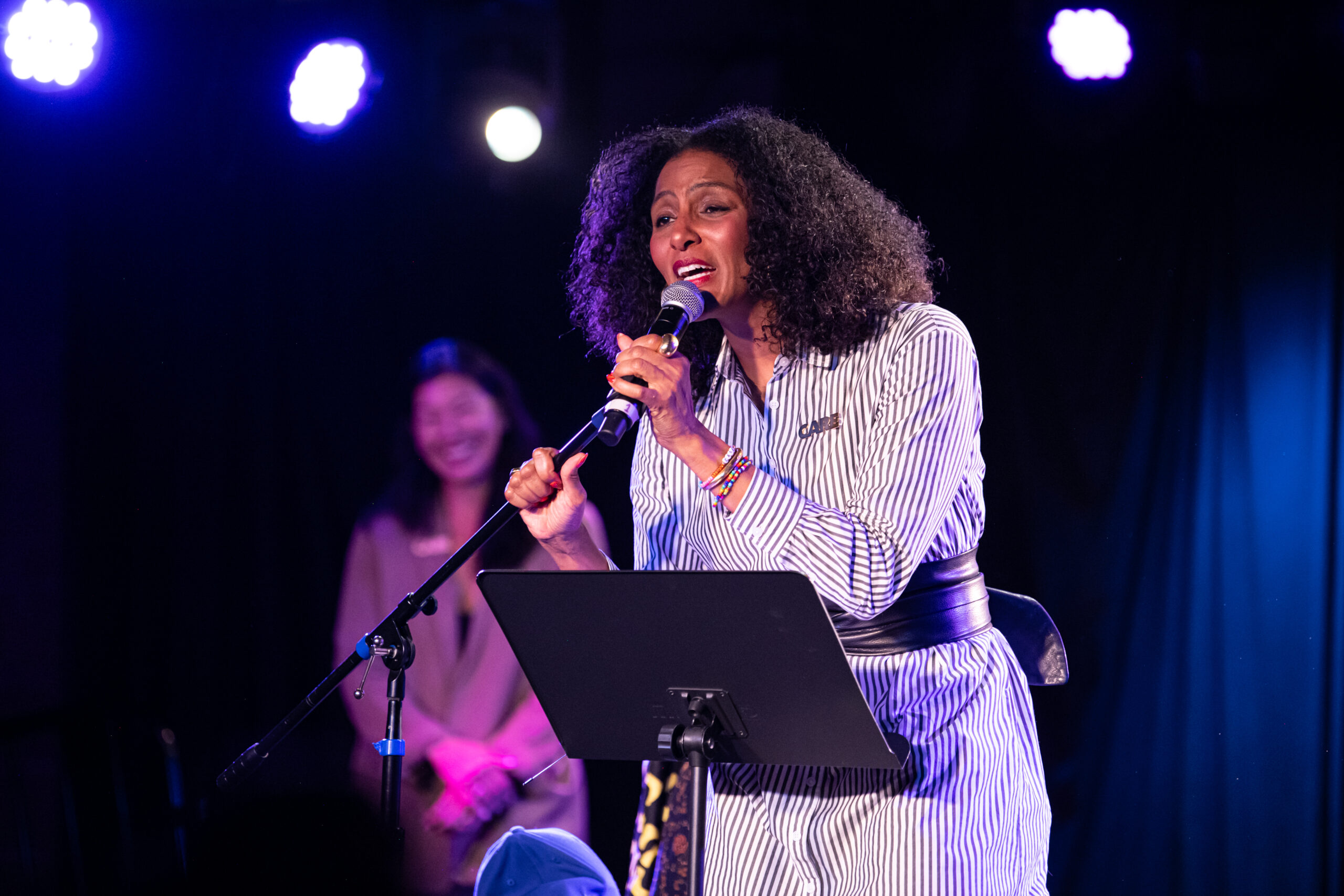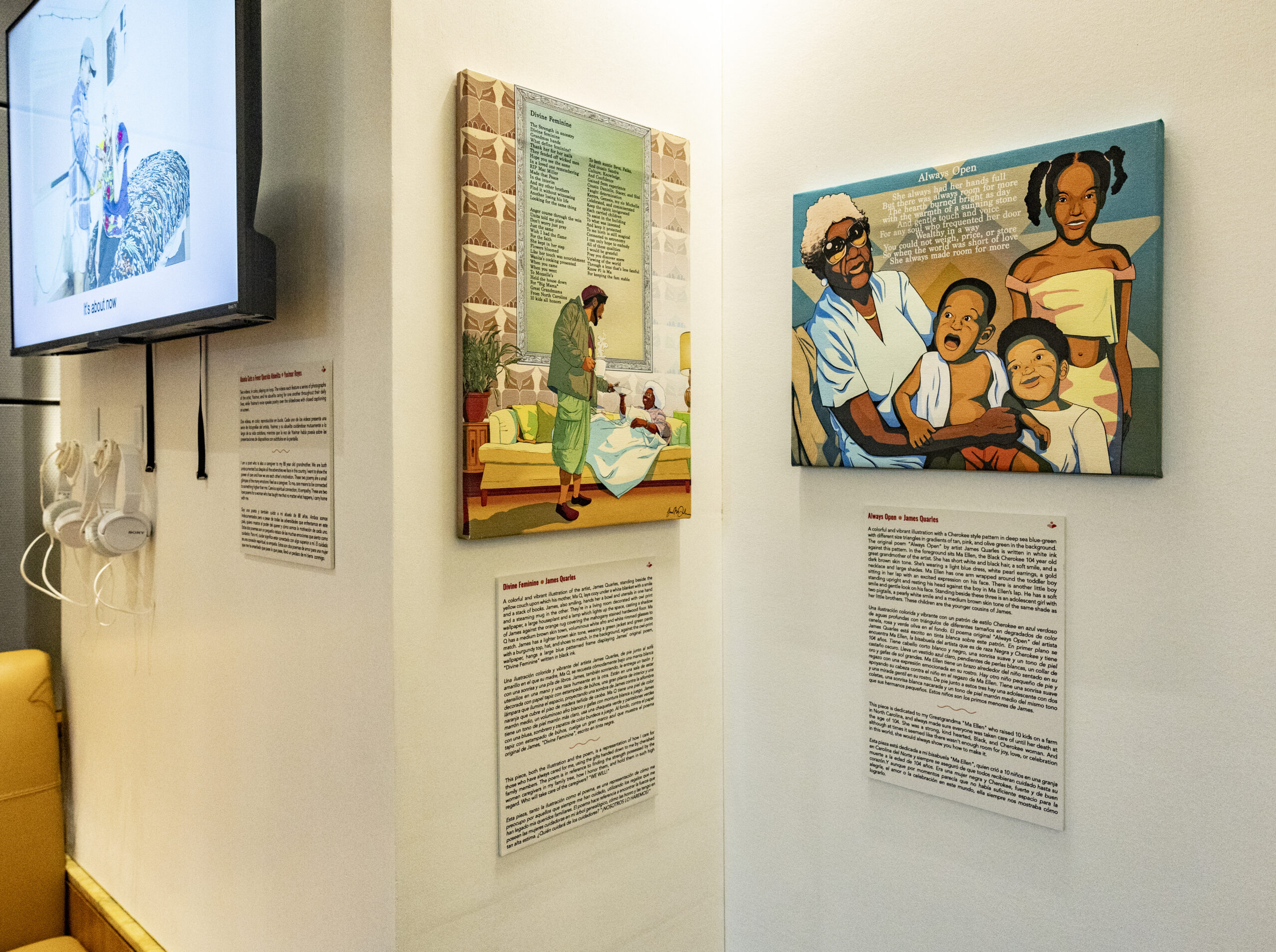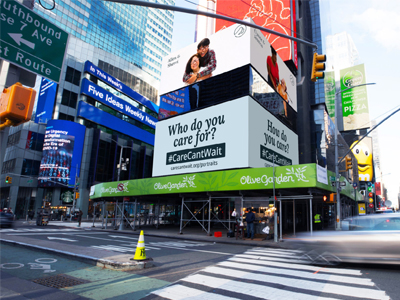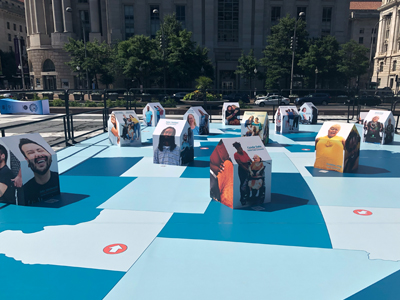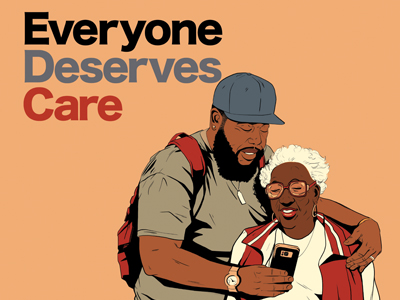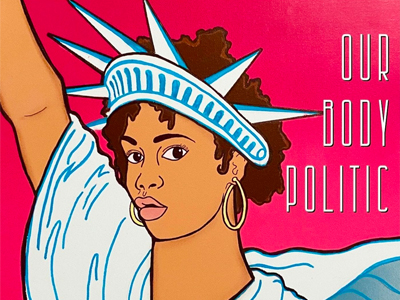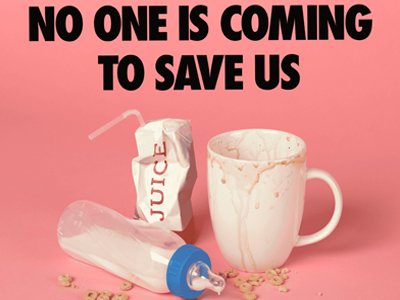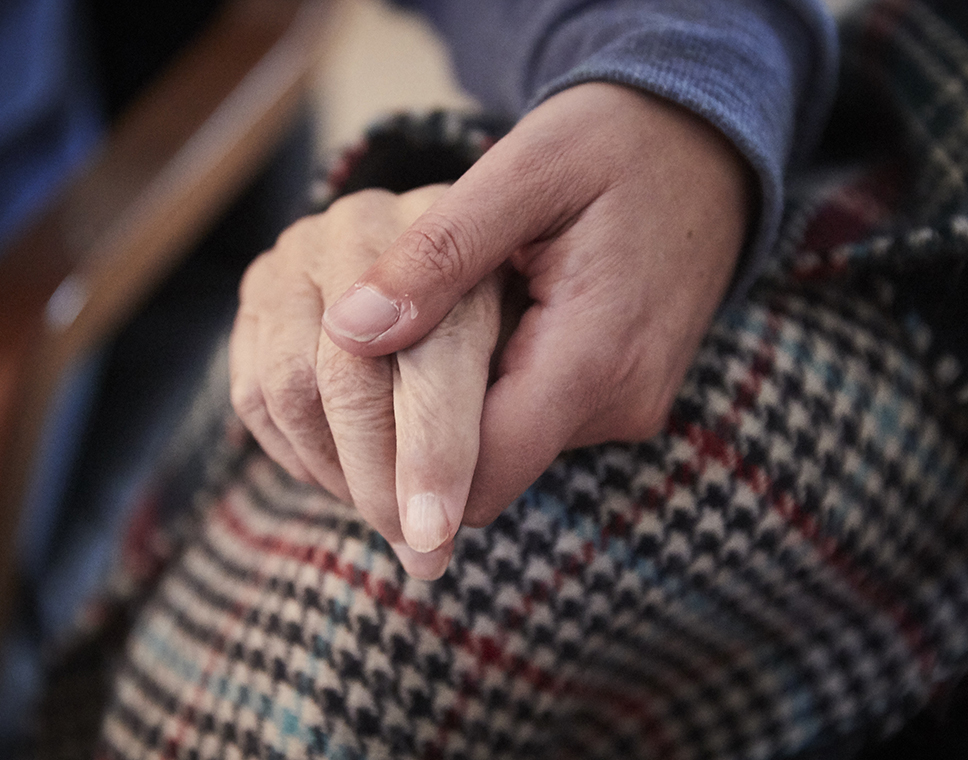
Why Culture?
Care is woven into every aspect of our lives. Our culture should honor and reflect the way we care for one another. Long-established narratives in our culture make it so care is seen as a personal, private issue that families need to solve on their own. This means caregivers and people who need care are often devalued and invisible. But to solve our care needs, we need collective solutions that address our needs and invest in care at the community and government level. As a first step towards that, we need to change the way care shows up in our stories.
Cultural barriers are holding our country back from achieving systemic change around care.
Sexism
Outdated gender stereotypes create the assumption that care is “women’s work.”
Racism
Our nation’s legacy of slavery has directly led to the devaluing of care work in our culture and laws, resulting in care work being underpaid and underprotected.
Ageism & ableism
Our society’s focus on economic output and productivity treats aging adults and disabled people as though they are “disposable” instead of valued members of our society.
Individualism
Our culture embraces the idea of having to “pull yourself up by your bootstraps,” which preserves the belief that individuals and families should shoulder both the work and costs of care.
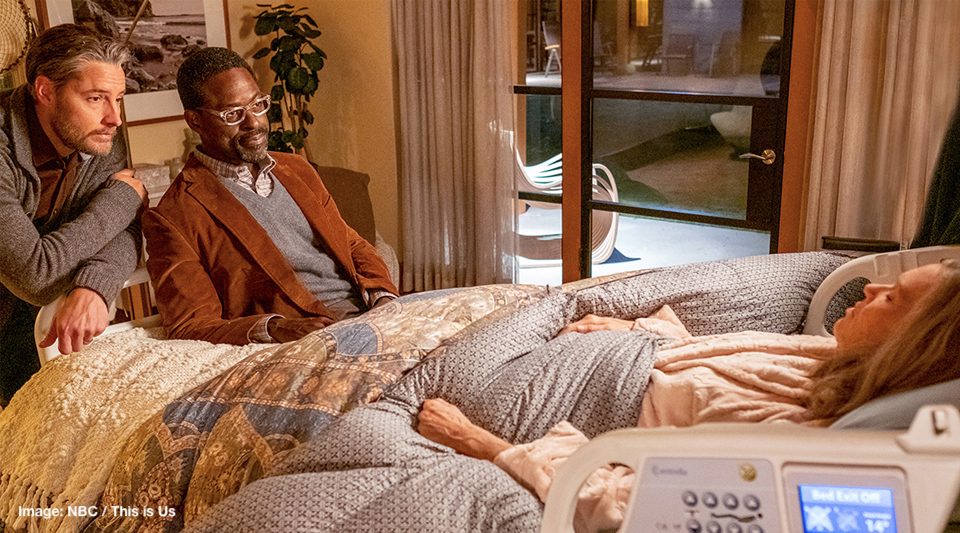
That’s why we’re seeding new care narratives across our culture.
From Hollywood to art to video games, we’re changing the way our society values care. The more that our movies, TV, art, media, and video games show our very real care experiences, the more possible it is for us to imagine, demand, and create new systems of care.
Film & Television
Care Online
Working with Artists
Podcasts
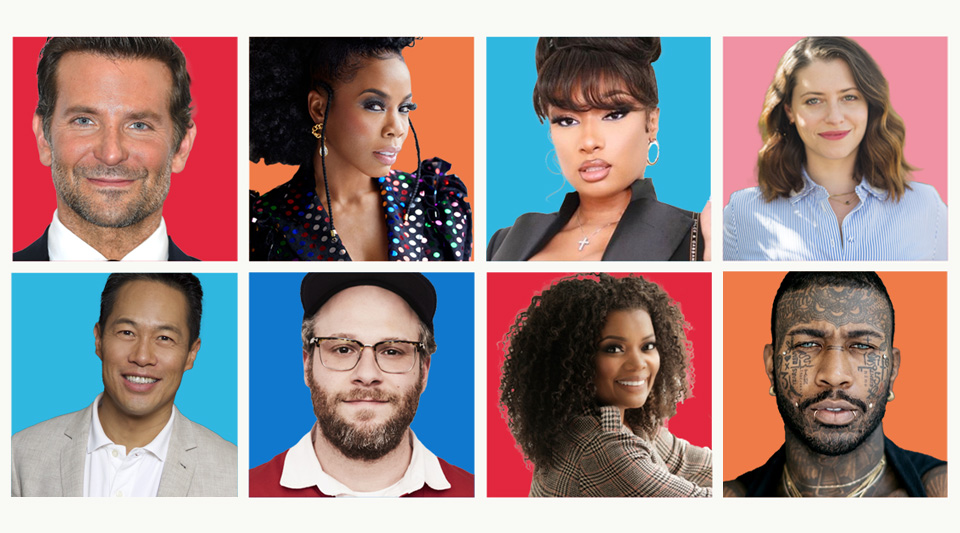
The Creative Care Council
An intimate cohort of arts & entertainment creatives who are helping us amplify care stories, advocate for policy change, and shift the way our society thinks about care.
